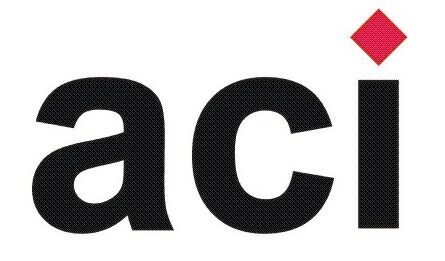Contested HIStory: Representation in HERitage Tourism
Professor Catheryn Koo,
In 2019, I had called for the tourism academy to, “move away from the shackling ways we have been instructed to research, and progress towards diversity excellence by paying attention to the process in which we engage with texts, concepts, theories, ontologies, analyses, knowledge authorities” (Khoo-Lattimore, 2019, p.34). In this keynote, I reiterate this call for diversity and extend it into the domain of cultural and heritage tourism.
Tourism spaces represent a socio-cultural construct shaped by intricate dynamics of power and resistance, enriched with symbolic, social, and historical meanings (Aitchison, Macleod, & Shaw, 2000; Green & Singleton, 2006). This constructed environment is far from neutral, evident in choices such as street names, the selection of life stories for commemoration, and the installation of statues. The keynote aims to highlight the gaps in the current discourse on human experiences in cultural heritage and heritage tourism, and I aspire to challenge entrenched issues within heritage tourism management practices.
Bleisure Travel Reimagined: Implications for Research
Prof. Ikechukwu O. Ezeuduji
Bleisure (or Business Leisure) travel growth in recent times has meant a greater focus must be placed on the needs of the corporate traveller who wants to indulge in some leisure activities during their trip. For this keynote presentation, I reimagine business travel as a means to achieve an end, where leisure travel may be the end itself, especially among academics. This notwithstanding, future studies on bleisure travel are needed to not only identify the actual needs or motivations of specific bleisure traveller groups, but also the variables affecting their choices, in a highly dynamic industry. The rise of bleisure travel means travellers who are willing to spend more money and stay longer, which is good news for the travel business. I may request my audience to contribute to this keynote presentation, by challenging my assertions.
Opportunities and challenges of Artificial Intelligence (AI) in tourism and hospitality research
Kaitano Dube, Vaal University of Technology, South Africa
https://orcid.org/0000-0002-7482-3945
The deployment of Artificial Intelligence (AI) has marked a pivotal transformation across various sectors, with the academic realm undergoing significant impacts from this technological advancement. The year 2023 witnessed an extensive discourse within the academic community on the integration and application of AI in diverse academic operations. This discussion extended beyond the confines of pedagogical and evaluative contexts, drawing considerable attention from the research sector regarding the use of AI applications such as ChatGPT and Bard in different facets of scholarly investigation. Despite the ongoing debate, a faction of the academic community has embraced these tools for research purposes. Notably, international publishers like Elsevier have acknowledged piloting AI utilization, endorsing its application under specific conditions. Conversely, some publishers have maintained a stringent stance against the use of tools like ChatGPT. Amidst these divergent views, this study endeavours to scrutinize the opportunities and challenges that AI presents within the domain of tourism and hospitality research. It highlights that, while AI has facilitated the creation of various tools enhancing research efficiency and productivity, there remain significant concerns regarding the accuracy and reliability of these AI applications. Furthermore, the study addresses the ethical and cultural impediments to the adoption of AI tools in research, underscoring the need for a balanced exploration of these technological innovations in the academic field. The study recommends a precautionary approach in the adoption of AI in research but emphasizes that the researchers must not be left out in this revolution.
The Future of the Olympic Games - When will it be Africa’s turn
Dr. Kamilla Swart
The Olympic Games remain the largest multidisciplinary competition globally and it is this universality that distinguishes it as the leading global sport event. It was in 2008, at an International Sport Business Symposium held during the 2008 Beijing Games that I, together with my co-authors delivered a presentation, “When will it be Africa’s turn? The prospects and challenges for South Africa hosting the Olympic Games.” Sixteen years later, and 4 editions of the Games since then, we are still plagued by the same question which I will address in this keynote presentation. While we have seen South Africa hosting the FIFA World Cup in 2010 and Morocco due to co-host it in 2030; the first Olympic sport event, the 4th edition of the Summer Youth Olympic Games, will take place in Dakar, Senegal in 2026. Is this first Olympic sport event in Africa merely a perfunctory gesture by the International Olympic Committee to complete the fifth ring in its logo, representing the union of the five continents? As global economic, political and demographic patterns shift in the coming decades, what are the challenges faced by the IOC when committing to an Olympic Games in Africa to achieve its aim of ‘preserving and promoting the universality of the Olympic Games’?
